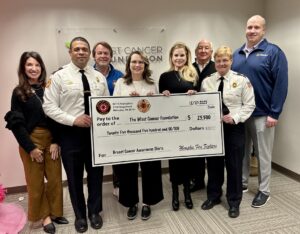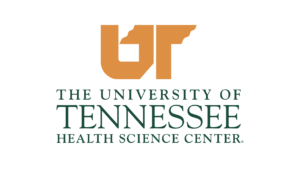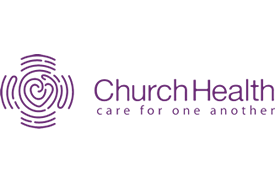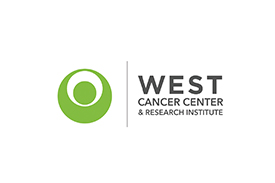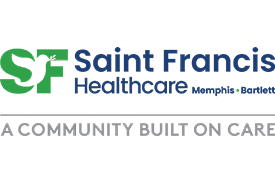In a significant move to advance oncology nursing education, West Cancer Foundation recently awarded a transformative $144,469 grant to the University of Tennessee (UT) Health Science Center College of Nursing. This funding supports the POWER for Nursing Program, designed to address the need for skilled oncology nurses. The grant will directly fund two students as oncology nurse scholars and two students as oncology research nurse scholars. It will also fund an oncology elective in the Bachelor of Science in Nursing (BSN) program and a visiting professorship aimed at providing students, faculty and the community with access to cutting-edge knowledge in the field of cancer treatment.
Advancing the Future of Oncology Nursing
Through this grant, the UT Health Science Center’s College of Nursing aims to improve the training, recruitment, and retention of oncology nurses. With a global shortage of nearly 6 million nurses, this program will help UT Health Science Center build a workforce capable of meeting the growing demands of cancer care. As cancer diagnoses increase and survival rates improve, the demand for skilled oncology nurses grows, making this initiative vital for both the local community and the healthcare system at large. By equipping nursing students with the tools they need to feel confident and prepared in their profession, the College hopes to not only attract more graduates into oncology but also help retain them long-term.
“Recruitment of oncology nurses has shifted in recent years. In the past, a lot of oncology nurses already had some nursing experience, but you didn’t see a whole lot of students going into the oncology specialty right after graduation. Now we’re starting to see that shift, and we have more graduate nurses entering the oncology specialty areas,” said UT Health Science Center College of Nursing Dean Wendy Likes, PhD, DNSC, APRN-BC, FAAN, FAANP.
Dr. Likes also emphasized the need to support aspiring oncology nurses with training that encompasses a wider range of skills and knowledge regarding cancer care. Oncology care is shifting drastically as survivor rates expand the role of oncology nurses in the cancer care continuum. Oncology nurses are now a part of everything from diagnostic pre-screening to treatment all the way through post-care, which requires a special communication skillset for providers working with patients and their families. “This program is very valuable in that it provides lessons and experiences in the unique nature of oncology nursing around collaboration, communication, patient assessment, holistic care, symptom management, teamwork, ethics, care coordination, infection prevention, safety—all of those aspects of oncology nursing that students need to be exposed to,” said Likes.
According to Likes, the communications aspect of caring for cancer patients is critically important. “It takes a special style and ability to communicate with people at challenging moments in their lives, and I don’t think that’s something that most of us have a natural tendency towards. It’s something you have to develop a skillset for and become comfortable with when you’re talking with patients about life and death. Not everybody’s comfortable doing that, and nurses coming out of school certainly aren’t necessarily comfortable doing that. Providing them with an opportunity to develop those communications skills as students will ensure they’re better prepared,” she said.
Oncology Nurse Research Scholars Program
There’s a significant gap to fill when it comes to nursing programs and research, especially in oncology and the vast amount of clinical trials offered to cancer patients. Through this program, UT Health Science Center is hoping to further its students’ education by giving them access to research programs that will better prepare them for the clinical side of cancer treatment. Students in the Oncology Scholars programs will have paid clinical or research opportunities in diverse oncology settings throughout the Mid-South.
West Cancer Foundation is proud to partner with UT Health Science Center on this essential endeavor, supporting the future of oncology nursing and ultimately improving cancer care in the region.

